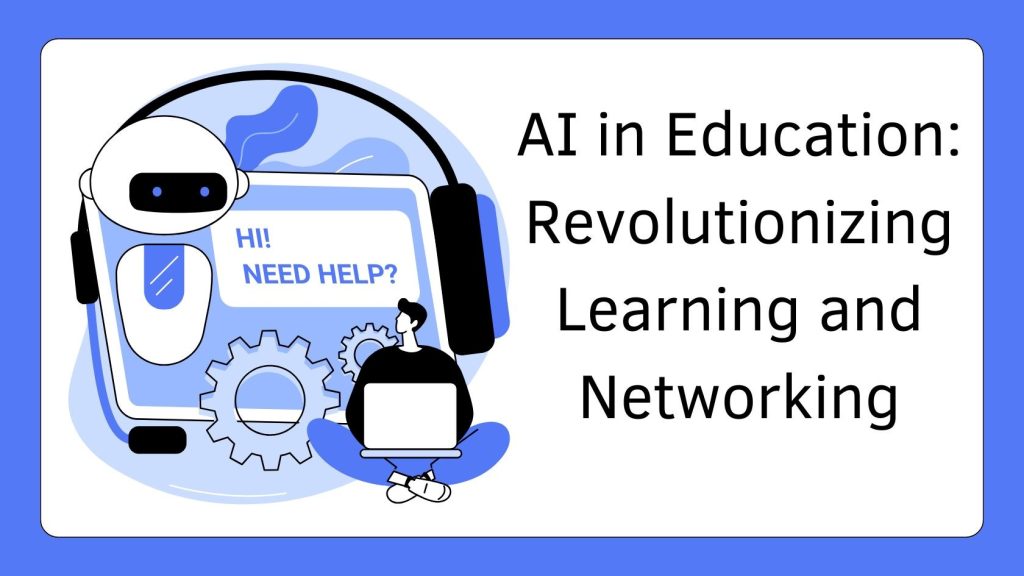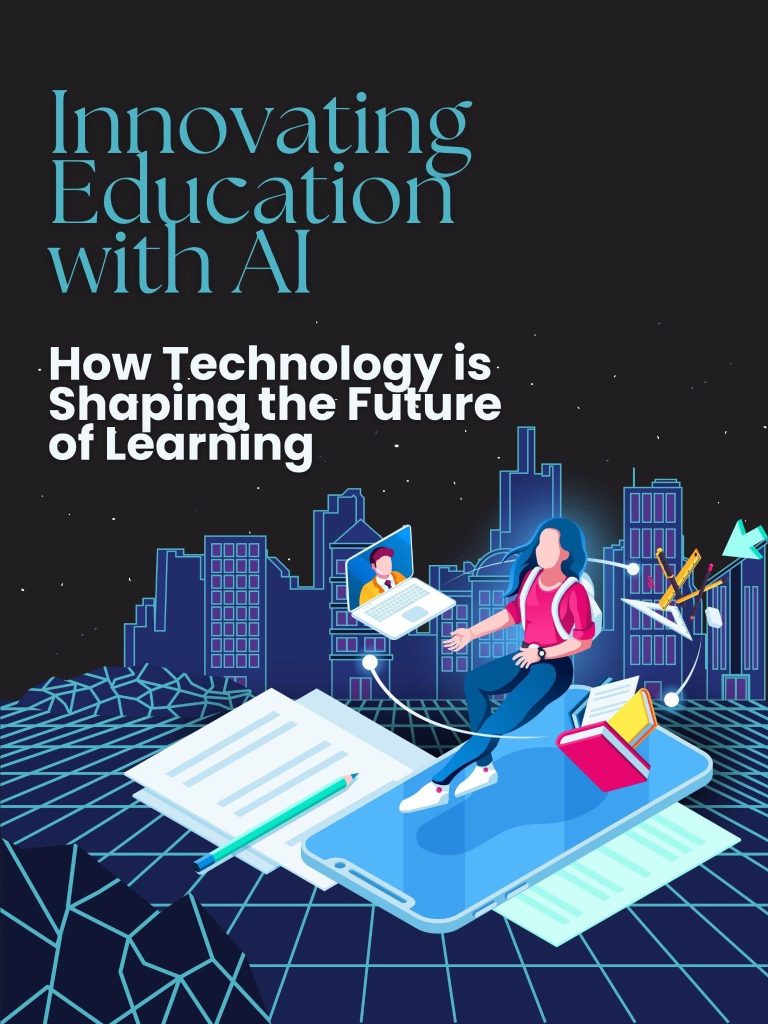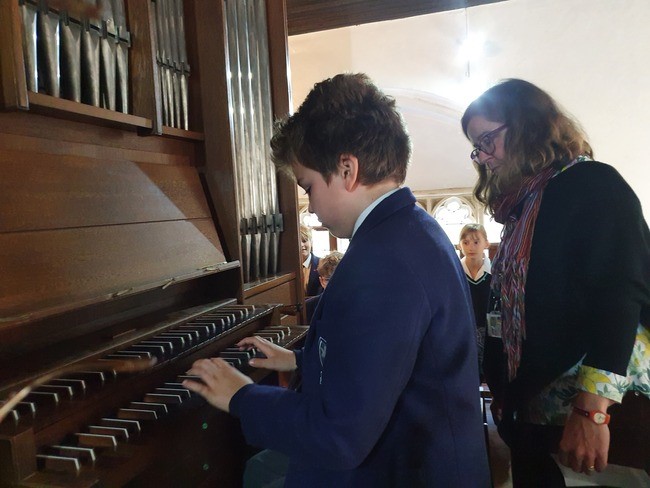In this rapidly growing digital landscape of AI, Ravi Theja Kambhampati examines how AI fuels innovation, from personalized learning to global networking, offering valuable insights into how AI transforms education into a more adaptive, connected experience for learners.
Tailoring Learning to Individual Needs
Data-Driven Personalization
AI’s data analysis capabilities allow it to understand student needs deeply. By analyzing performance and engagement patterns, AI systems tailor individualized learning paths to each student’s strengths and challenges, accommodating various speeds and styles, maximizing engagement and effectiveness.
Adapting to Learning Styles
AI can identify each student’s unique learning preference—visual, auditory, or kinesthetic—allowing AI-powered platforms to tailor content delivery accordingly. This customization fosters engagement and creates a more inclusive educational environment, where diverse learning styles are recognized and effectively supported.
Instant Feedback and Support with Intelligent Tutoring
AI-driven intelligent tutoring systems (ITS) offer students real-time guidance. As students engage with course material, ITS evaluates their responses, providing immediate feedback to help them understand and correct mistakes. This instant support reinforces concepts, making learning more interactive and engaging.
Networking and Collaboration Across Borders
Global Collaboration Made Simple
AI-powered platforms are revolutionizing educational networking, fostering seamless connections among students, educators, and experts worldwide. By breaking geographical barriers, these platforms build collaborative learning communities, enabling students to connect with diverse mentors and peers, broadening their perspectives in a globally connected world.
Intelligent Matching for Effective Networking
Natural Language Processing (NLP) algorithms analyze user profiles, interests, and communication patterns to create meaningful connections. By pairing students with mentors and peers who share academic interests, AI systems build collaborative networks that foster knowledge exchange and enrich learning experiences.
Machine Learning for Career Exploration
Machine Learning (ML) algorithms improve networking by identifying user behavior patterns and preferences. By linking students with industry professionals and alumni, AI aids in career exploration, providing valuable insights and mentorship that support informed career decisions and goal-setting.
Streamlining Administrative Functions
Automating Routine Tasks
AI extends beyond student learning to optimize administrative tasks, streamlining operations for educators and administrators. Automated grading systems provide consistent assessments, saving time and reducing bias, allowing educators to focus on impactful teaching and student support areas.
AI-Driven Attendance Tracking
AI enhances attendance tracking through facial recognition, recording student attendance accurately and efficiently. This automation simplifies administrative tasks, reduces errors, and keeps attendance data accurate and current, enabling institutions to manage resources with greater operational efficiency.
Efficient Resource Allocation
AI-powered systems use historical data to forecast resource needs, enabling administrators to allocate resources efficiently. Predictive analytics allows institutions to optimize staff and classroom utilization, reducing costs while enhancing educational quality and availability through a data-driven approach.
Addressing Challenges in AI Implementation
Ensuring Data Privacy
AI’s transformative role in education brings challenges, especially regarding data privacy. As institutions gather extensive student data, robust protection protocols are essential to prevent unauthorized access, ensure compliance with privacy standards, and maintain student trust.
Bridging the Digital Divide
AI implementation in education risks widening the digital divide, as not all students have equal tech access. Ensuring AI tools are accessible to all is vital to prevent disparities, fostering equitable learning environments where every student benefits.
Balancing Technology with Human Interaction
AI enhances learning, but balancing technology with human interaction is crucial. AI should complement, not replace, human educators, preserving a teaching approach that fosters emotional intelligence, empathy, and social skills essential for students’ holistic development.
Future Directions in AI-Enhanced Education
Integrating AI with Emerging Technologies
AI’s future in education may integrate with technologies like virtual and augmented reality, offering immersive, hands-on experiences where students can explore complex concepts interactively. This blend of AI and immersive tech can enhance comprehension, engagement, and overall educational experience.
Supporting Lifelong Learning and Reskilling
As industries evolve, AI-powered platforms will be essential for lifelong learning and reskilling. By analyzing trends and identifying skill gaps, these platforms provide personalized learning paths, helping individuals stay competitive and supporting professional development at all career stages.
In conclusion, Ravi Theja Kambhampati highlights AI’s potential to transform education, making it more personalized, connected, and inclusive. With responsible implementation, AI can enhance learning models and create opportunities for accessible, lifelong education, preparing students for a dynamic future.




